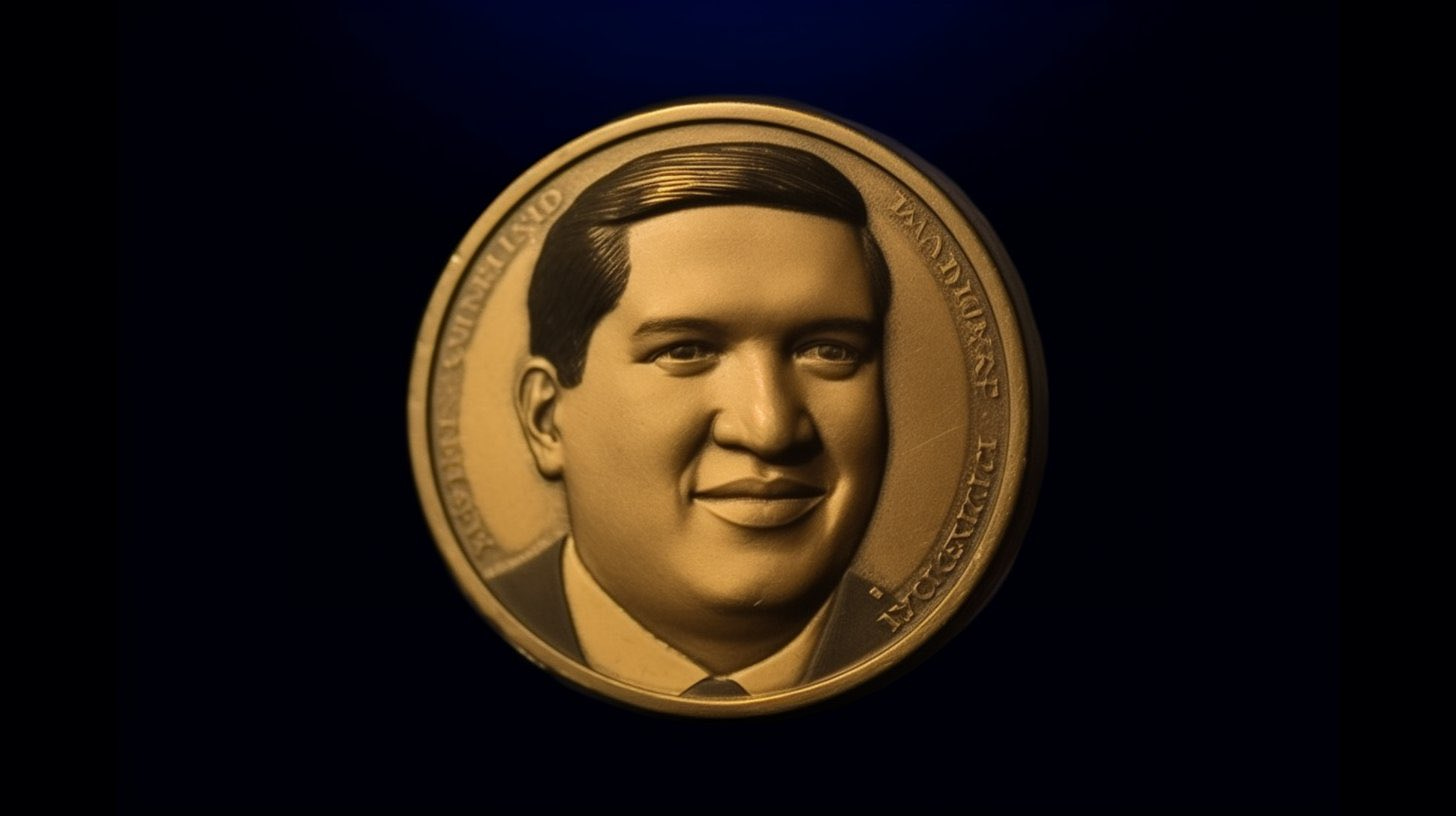Arauz and "ecua(de)dollarization"
The candidate for vice-president of Correísmo, Andrés Arauz, proposes to create an electronic currency in Ecuador; a similar experience in Zimbabwe was a failure
By Luis Fierro Carrion (*)
Twitter: @luis_fierro_eco
The candidate of Correísmo (Citizen Revolution) for vice presidency, Andrés Arauz, has once again revealed that the true objective they have if they come back to power will be the de-dollarization of the economy.
In an interview with the Argentine site "Perfil", Arauz viscerally criticized dollarization, stating that in Ecuador "dollarization was imposed in violation of our Constitution."
Already in April 2020 Arauz had written in his blog about “good de-dollarization” (this article was later modified to put the word “de-dollarization” and the proposal for a “new currency” in quotation marks – the original version appears here).
This supposed good de-dollarization "would seek additional means of payment and making imports more expensive."
That is where it falls into a fallacy. By generating an "electronic currency", which would be issued without any backing, the devaluation of such "electronic currency" would take place, and it would lose purchasing power. Additionally, if the State used said "electronic currency" to pay salaries and suppliers, a bi-currency system would quickly be imposed, in which the "electronic currency" would quickly lose value against the dollar.
His new proposal is essentially the same: "What I proposed for Ecuador is the generation of electronic means of payment, a central bank digital money."
The Argentine journalist asks him: "A convertibility?" (Argentine system that maintained a currency other than the dollar, but that supposedly was convertible one-to-one – until it suddenly collapsed in the midst of the proliferation of “patacones”), to which Arauz responded: “a kind of electronic convertibility where dollars are rather absorbed [by the State] and can be used for international payments. Using dollar bills for national payments is extremely inefficient and reduces opportunities for international trade”.
The journalist insists: "Your proposal to de-dollarize is actually converting dollarization into something similar to the convertibility that Argentina had", and Arauz indicates: "Yes, through the use of modern technologies, electronic payment methods. Not an old-fashioned convertibility, but an 'equadollarization' with electronic means and, furthermore, with a very active policy in the administration of the balance of payments”.
He also mentions the possible creation of a common currency (the “South”), which would operate in a similar way to the “SUCRE”. This ALBA mechanism was used to launder money and extract dollars from Ecuador to Venezuela. Arauz was one of the promoters of the SUCRE system.
The question is why Arauz would publicly propose de-dollarization, when dollarization has immense support in Ecuador (more than 80% support according to polls).
The answer is that the dollarization imposes a straitjacket on public spending, since it does not allow inorganic monetary issuance (as is the case in Argentina and Venezuela, where inflation exceeds triple digits).
It is worth mentioning that the mechanism proposed by Arauz was already used in Zimbabwe, an African country that abandoned dollarization in 2019, by creating “Zimdollars”.
At the beginning, the exchange rate was one to one (USD 1 – 1 ZD). Now the official exchange rate is 1,000 Zimdollars to USD, and double that on the black market (2,000 ZD to 1 USD).
According to a Voice of America note, “With greenbacks scarce at banks, many people and businesses get them on the black market, making the official exchange rate — 1,000 Zimbabwe dollars to one U.S. dollar — that retailers are required to use artificially low. It's double that on the street, so to break even, stores are forced to make their products more expensive.” This would be the future of Ecuador if the Correista ticket wins.
Some other candidates, such as Yaku Pérez and Xavier Hervas, although they affirm that they will maintain dollarization, speak of using the resources of the international reserve, which in effect constitute deposits of Ecuadorians in private financial entities, as well as resources from the IESS and governments, which in practice would weaken dollarization.
(*) Longer and updated version of the column published in the newspaper "El Universo" of Ecuador on August 14, 2023.
https://www.eluniverso.com/opinion/columnistas/arauz-y-la-ecuadesdolarizacion-nota/




